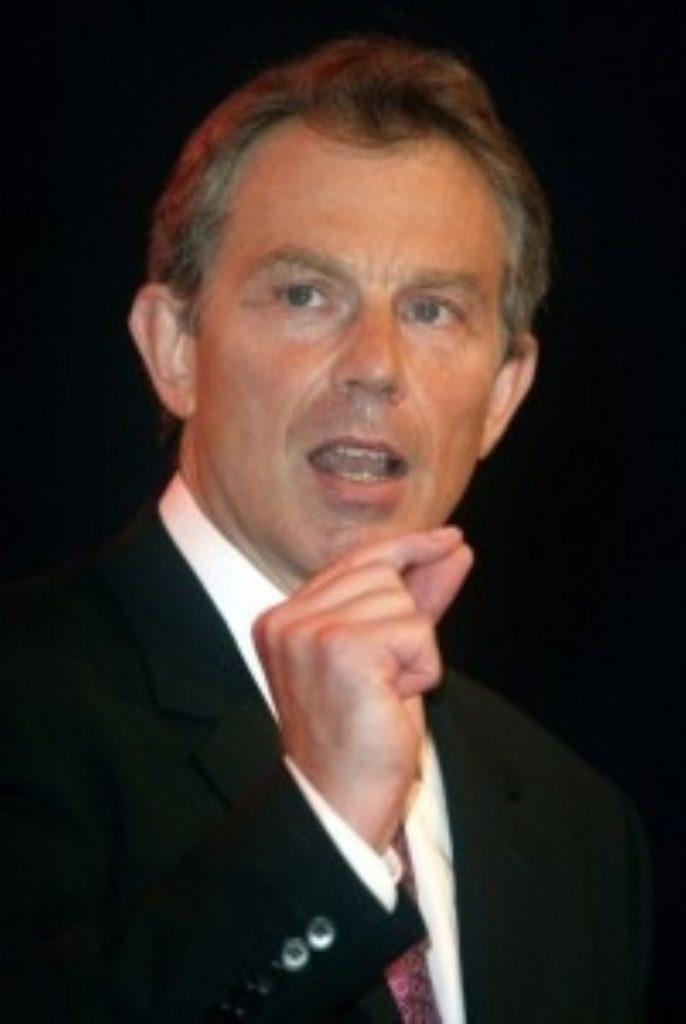Commons leaders clash on NHS “choice”
Tony Blair and Michael Howard have clashed in the Commons on their visions for the future of the NHS.
With both leaders due to make keynote speeches on the issue later on Wednesday afternoon, this lunchtime’s debate gives a foretaste of what is to come.
Mr Howard claimed that one of his constituents has been told she must wait 20 months for breast cancer treatment, demanding of the Prime Minister “Why can’t she get choice?”
The Conservatives he said would allow her to go to a hospital of her choice. The Conservative vision for the NHS was of an end to centralisation and targets and greater freedom for nurses and doctors. Labour, Mr Howard claimed, are about more targets and more bureaucrats.


On the offensive, Mr Blair claimed that the Tories are merely advocating the “right to charge” in their plans to pay 50 per cent of the NHS cost of an operation to those patients who want to go private.
The Prime Minister dismissed the notion that the treatment of breast cancer had become worse as ‘absurd’ and reeled off a long list of statistics showing that the NHS has improved since 1997.
Mr Blair labelled Tory proposals as “incoherent in almost every aspect” saying it was the “same old Tories, same old policies and same old rejection by the British people”
As capacity in the health service increased, Labour would then offer real choice and give patients the freedom to go else where Mr Blair said, saying that under the Conservatives “choice is a choice to go out of the public service.”
He said: “I’m delighted the opposition has chosen this battlefield for the next election.”
Liberal Democrat leader Charles Kennedy quoted the chair of the Audit Commission’s, James Strachan, comments to the Financial Times that “Providing widespread choice across public services would require impractical levels of extra resources” and suggested that people wanted good local services rather than false choices.
Mr Blair bluntly rejected the argument and said that choice could increase, however he admitted to having read the article and agreed with many other points made- though he did not elaborate what these are.











